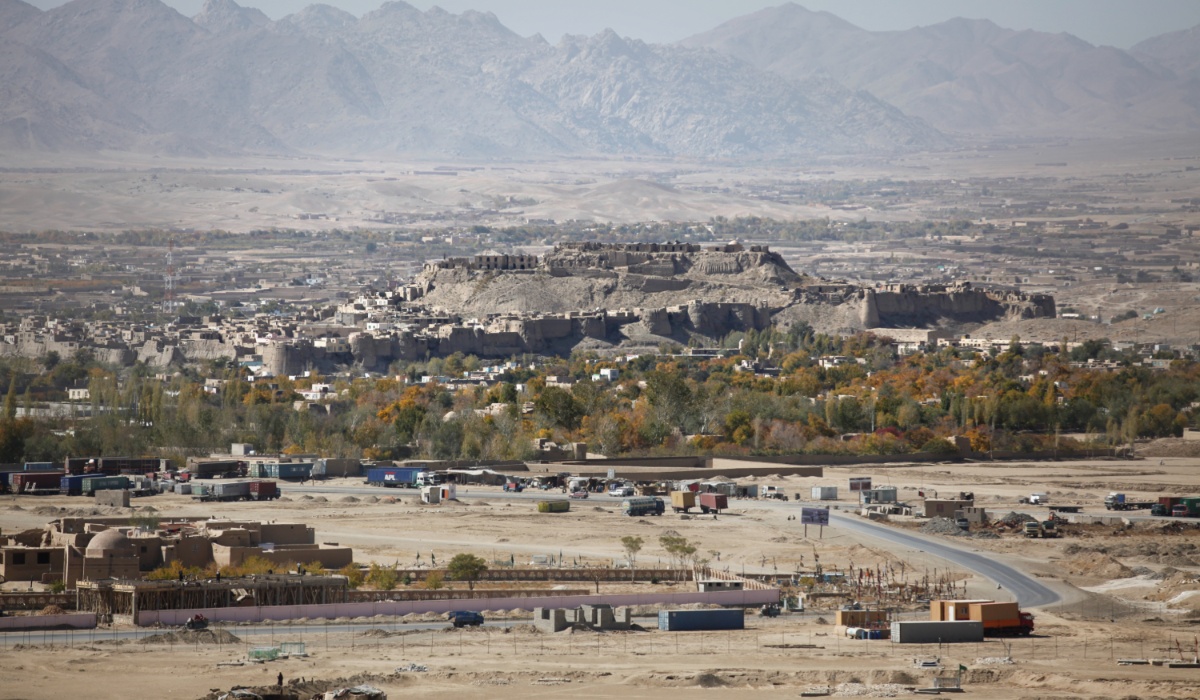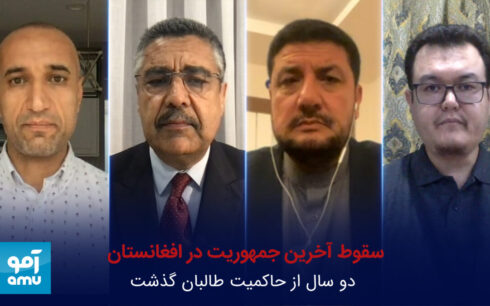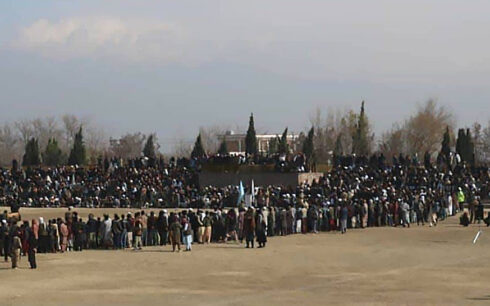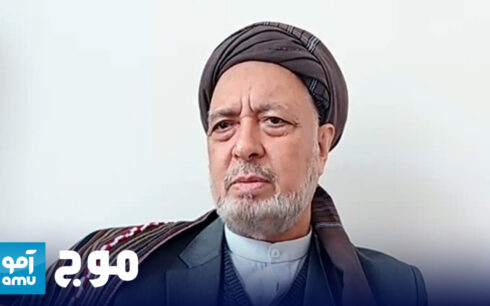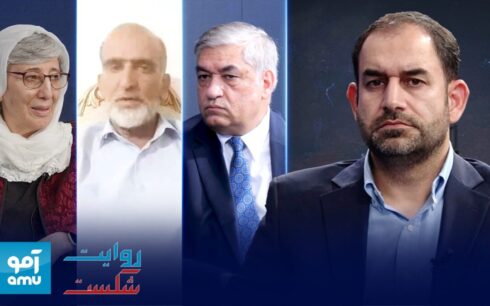Two years ago to the day, August 12, 2021, a significant turning point was marked in the course of Afghanistan’s recent history as several major cities, including Herat, Ghazni, and parts of Kandahar, fell to the Taliban.
The sequence of events on that fateful day reshaped the nation’s political landscape and heightened concerns over the deteriorating security situation.
The western Herat city succumbed to the Taliban after intense clashes that had persisted for 12 days. Mohammad Ismail Khan and other former local officials were forced to seek refuge at the 207th Zafar Corps on the outskirts of Herat after the city’s fall.
Parts of southern Kandahar province also collapsed to the Taliban on August 12, 2021.
Ghazni, another significant city, also fell to the Taliban on the same day. The surrender of Ghazni without resistance reportedly led to the detention of Mohammad Daud Laghmani, the former governor of the province, by former Afghan forces in Maidan Shahr city of Maidan Wardak province upon his return to Kabul.
The former head of the provincial council of Ghazni also confirmed to Amu that Daud Laghmani handed over Ghazni to the Taliban without any resistance.
“Before the complete fall of Ghazni to the Taliban with the collusion of Laghmani; He had held meetings with the Taliban at the provincial governor’s office and other parts of Ghazni,” said Nasir Ahmad Faqiri, the Former Head of the Provincial Council.
These swift territorial losses prompted Abdullah Abdullah, the former head of the High Council for National Reconciliation, to urgently call for a United Nations Security Council meeting on Afghanistan’s escalating crisis.
He emphasized the need for immediate international intervention to address the worsening security and humanitarian conditions.
“It is time for the Security Council to discuss the issue of Afghanistan and its security-humanitarian consequences in its emergency meeting and take an urgent and decisive decision on handling the country’s crisis,” Abdullah said.
What led to the sudden collapse of the republic?
The unraveling of events that led to this point can be traced back to the announcement of the United States’ unconditional withdrawal from Afghanistan.
“The failure felt when the Americans announced their unconditional withdrawal [from Afghanistan]. The strategic agreement with [government of] Afghanistan was also violated, and one of the terms of the Doha agreement was also violated. The feeling of defeat and humiliation started at that point,” said Masoom Stanekzai, the head of the former Afghan negotiating team.
By August 12, 2021, the Taliban had captured 11 provinces, including Nimruz, Jawzjan, Takhar, Sar-e-Pul, Samangan, Badakhshan, Kunduz, Baghlan, Herat, Ghazni, and Farah.

